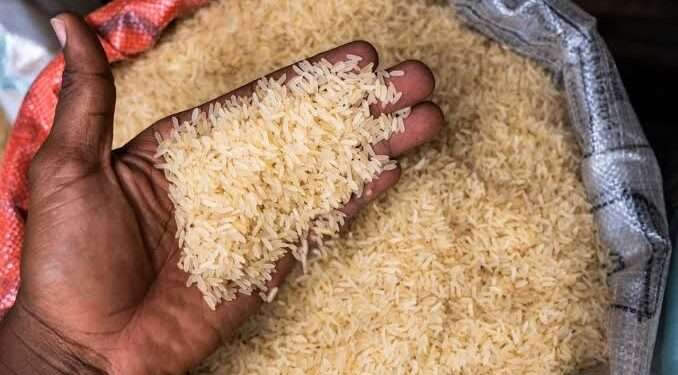The Rice Farmers Association of Nigeria (RIFAN) has raised concerns over declining production levels despite increasing market demand. The association attributes the shortfall to inconsistencies in farming practices, unpredictable weather patterns, and limited access to irrigation facilities.
RIFAN Lagos State Chairman, Raphael Hunsa, stated in an interview that rice production in Lagos has been steady over the years, but output remains insufficient to meet demand. Last year, Lagos rice farmers managed to produce only 3,800 tonnes, far below the market’s needs.
“The Lagos State Government, through its Ministry of Agriculture and Food Systems, has provided various interventions to support farmers. However, if farmers are not consistent in tending their farms, there is only so much the government can do,” Hunsa explained.
According to him, many farmers have yet to begin cultivation this year, further worsening the supply challenges. He urged members to increase their farming activities and advised the government to channel agricultural support through association leaders to ensure that aid reaches those actively working in the sector.
Beyond inconsistent farming, climate change has also emerged as a major threat to rice production. Shakin Agbayewa, deputy chairman of the All Farmers Association of Nigeria, noted that extreme heat and irregular rainfall patterns are disrupting farming cycles.
“Many farmers are delaying cultivation until the rainy season, but this is risky because heavy rainfall often leads to flooding, which washes away farms,” Agbayewa said.
He added that many rice farmers do not have access to irrigation, making it impossible to farm all year round. Without adequate water supply, farmers are left with a short cultivation window, limiting production output.
“The government may provide interventions for a four-month farming cycle, but what happens afterward? Farmers need sustainable solutions, especially irrigation infrastructure, to ensure continuous production,” he added.
Rice remains one of Nigeria’s most consumed staple foods, and demand is expected to rise further. The National Bureau of Statistics projects that rice consumption in Lagos alone will reach 7.4 million metric tonnes by 2024/25, driven by its affordability compared to other staples.
If production challenges persist, Nigeria may continue to rely on imports to fill the gap, putting pressure on foreign exchange reserves and making local rice less competitive. The situation also raises concerns about food security, as supply shortages could lead to higher prices, affecting affordability for consumers.
Both RIFAN and the All Farmers Association of Nigeria have called on the government to step up its support for local rice farmers. While acknowledging existing efforts, they stressed the need for increased investment in irrigation systems, better climate adaptation strategies, and improved access to farming inputs such as quality seeds and fertilizers.
Hunsa emphasized that empowering farmers with the right tools and resources would not only boost production but also create employment opportunities and strengthen Nigeria’s agricultural economy.
“We urge the government not to relent in supporting local farmers. With the right policies and infrastructure, Nigeria can increase rice production, reduce dependence on imports, and achieve long-term food security,” he said.
For now, the challenge remains ensuring that farmers can farm consistently and efficiently to bridge the growing supply gap in Nigeria’s rice market.










